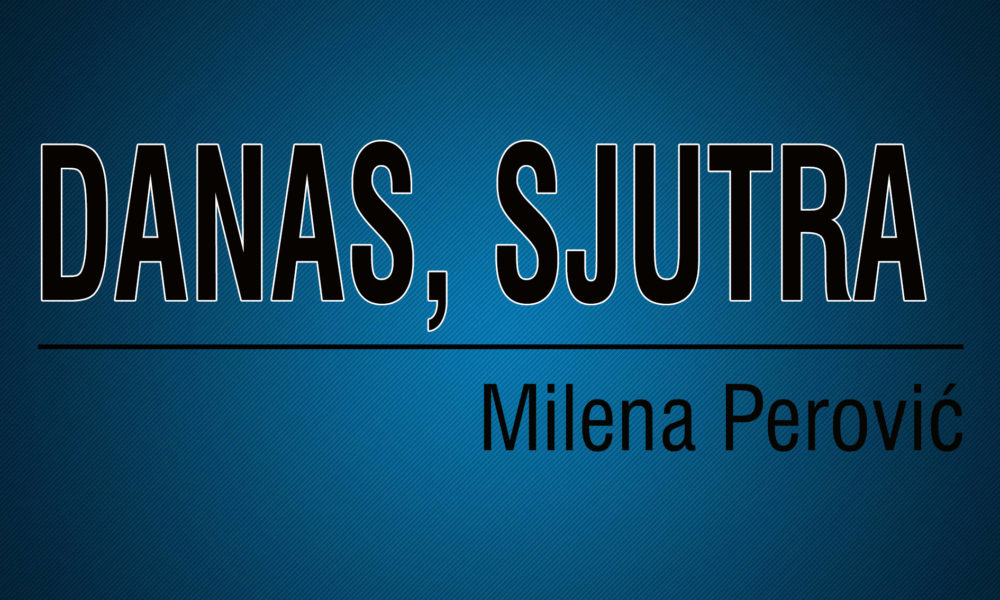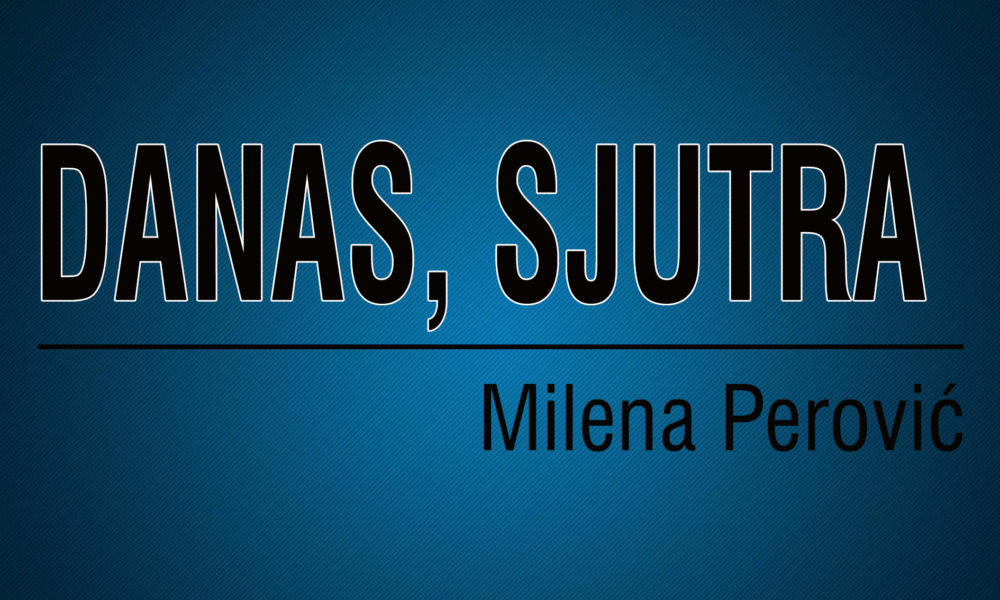The main topic of the article concerns Montenegro’s European path, with a particular focus on challenges in the rule of law, anti-corruption efforts, and judicial reforms. The article highlights ongoing issues with the effectiveness of anti-corruption institutions and political dealings that hinder reforms. It also discusses current political events, including testimonies about the previous regime and government responses to justice-related issues. In the context of foreign policy, the article sheds light on tensions surrounding the Israeli-Palestinian conflict and the reactions of Montenegrin authorities and society. It points out contradictions in the approach to European integration, where there is a stated desire to join the EU, but resistance to certain European standards and reforms persists. The topic also covers issues of historical revisionism and internal political conflicts affecting social cohesion and the country’s European path.
Political Perspectives:
Left: Left-leaning sources emphasize the need for genuine reforms in Montenegro’s judicial system and anti-corruption institutions, criticizing political interference and the slow pace of change. They highlight the importance of transparency, accountability, and the protection of civil society. The left also tends to be critical of nationalist narratives and historical revisionism, advocating for a progressive European integration that respects human rights and democratic values.
Center: Center-leaning sources present a balanced view acknowledging Montenegro’s progress towards EU integration while recognizing the significant challenges that remain, especially in judicial reforms and anti-corruption efforts. They stress the importance of political will and institutional strengthening, and often highlight diplomatic efforts and the complexity of balancing domestic politics with European expectations. The center also notes the geopolitical sensitivities, including the Israeli-Palestinian conflict and its impact on domestic discourse.
Right: Right-leaning sources often emphasize national identity, sovereignty, and traditional values, sometimes expressing skepticism towards certain EU demands, especially those related to social policies and minority rights. They may downplay the severity of corruption issues or frame them as politically motivated attacks. The right also tends to highlight historical narratives that reinforce national pride and may criticize what they see as external pressures undermining national interests. In foreign policy, they may support strong bilateral relations and be critical of perceived bias in international conflicts.








